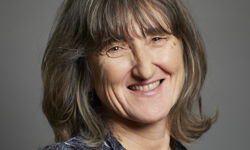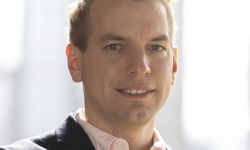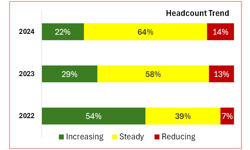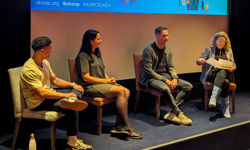Earlier this year the Guardian accused News Group Newspapers, which publishes the News of the World of paying out more than £1million to settle cases which could have revealed evidence of telephone hacking.
But the Press Complaints Commission said it had seen "no new evidence' to suggest the practice of phone tapping was ongoing.
Alan Rusbridger, the editor of The Guardian spoke to Samira Ahmed at Channel 4 News:
Samira Ahmed: Just give us a sense of the scale of the alleged phone tapping?
Alan Rusbridger: Well we don’t know and the PCC has made no real efforts to find out. What we do know and no one has contested, not even the News of the World is that at least two other journalists probably three at the News of the World that we knew about before were involved because they were the ones who transcribed the messages of Gordon Taylor, the chief executive of the Professional Footballers Association.
SA: So for those who might not remember, the phones of high profile people were being tapped and their voicemails being broken into allegedly.
AR: Yes. The police have warned top figures and the military, government and police that their phones may have been tapped. We know of one cabinet minister who has been told that her phone was tapped. So this was not in doubt but no one knows who was doing the tapping.
SA: The PCC says they had to deal with the facts and on the basis of the facts there’s no further case. Why do you disagree with that?
AR: Well the PCC has no investigatory powers so this questions whether the PCC is really a regulator. What it’s done is to write to the News of the World and say can you tell us anything and the News of the World have written back saying no and the PCC have essentially said that we have all these people who talk off the record, we can’t get at the facts so we have to accept that there was nothing going on.
SA: So you think that the PCC’s findings were just not rigorous enough because they couldn’t investigate?
AR: Well, there was no inquiry really. Their inquiry extended no further than writing to the current editor of the News of the World who wasn’t there at the time and saying can you tell us anything. When he said there’s nothing I can tell you, they didn’t speak to the previous editor of the News of the World, they didn’t ask any of the people that we know about from the News of the World who were named in documents so essentially there’s been no inquiry and on the basis of that they’ve said we can’t make any findings.
SA: Is the fundamental problem then that the PCC is essentially a self-regulator? Does it need to be a different kind of body?
AR: The great worry for me as somebody who believes in self-regulation is that since 1966 when it became apparent that there was widespread use of private detectives, the only people who have inquired have been police, have been MPs, have been lawyers and journalists. The PCC has found out nothing. So this absolutely plays into the hands of people who say that the PCC is a completely toothless watchdog because it doesn’t find out anything, it doesn’t do anything. I want self-regulation to work but this is a very dangerous day for the Press because it is really a very lightweight report.










